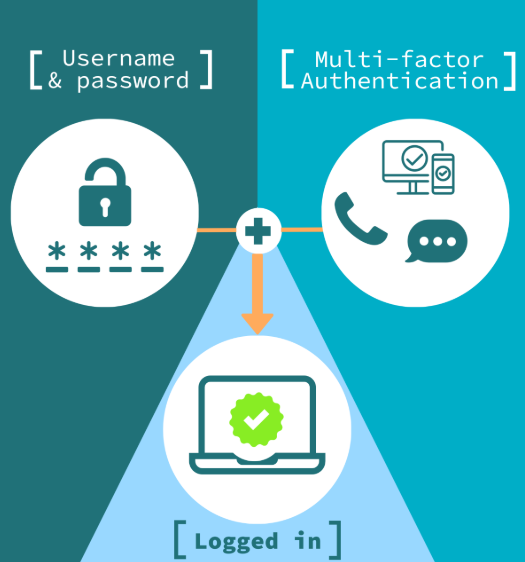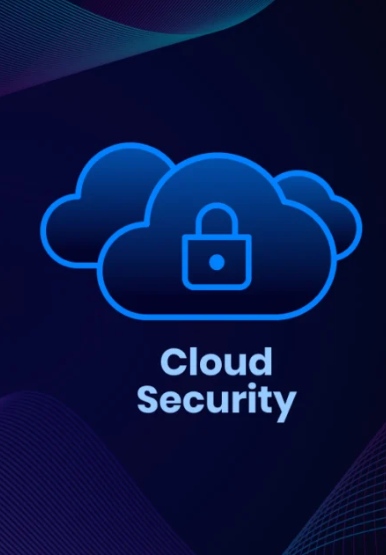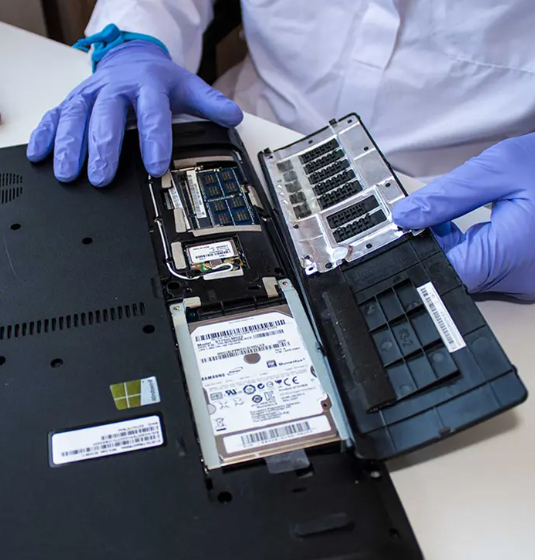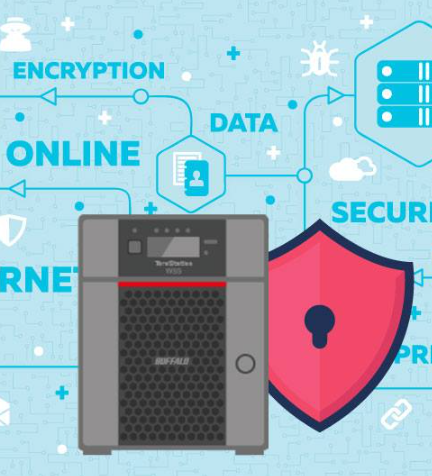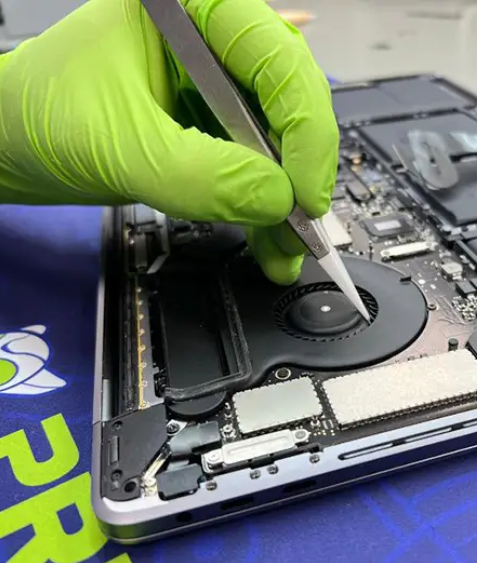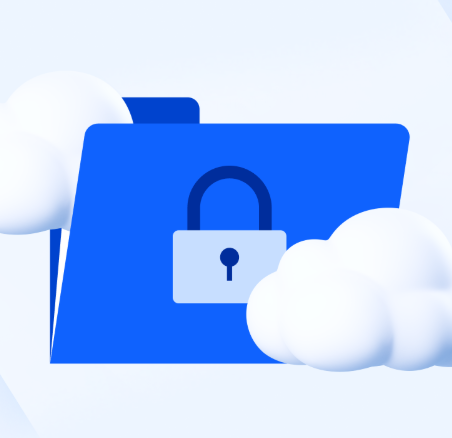
When storing sensitive business data, private clouds offer greater security than public alternatives—but only if properly configured. While the private cloud provides dedicated infrastructure and enhanced control, these advantages mean nothing without proper security measures in place.
For small businesses especially, a single breach can mean financial losses, legal penalties, and irreversible reputational damage. Here are five critical steps to ensure your private cloud remains a fortress for your data.
1. Enforce Strict Access Controls
Your first line of defense is controlling who can access what. Instead of granting broad permissions, adopt the principle of least privilege (PoLP), ensuring employees only access the data they absolutely need.
- Require multi-factor authentication (MFA) for all users.
- Regularly audit permissions to revoke unnecessary access.
- Segment sensitive data so breaches don’t spread across your entire system.
2. Encrypt Data at Every Stage
Encryption turns your data into an unreadable jumble for anyone without the decryption key.
- At rest: Use AES-256 encryption for stored files.
- In transit: Secure data transfers with TLS/SSL protocols.
- Key management: Rotate encryption keys periodically and store them separately from the encrypted data.
3. Monitor Activity 24/7
Cyber threats don’t take breaks—so neither should your monitoring.
- Implement a SIEM (Security Information and Event Management) system to track suspicious activity.
- Set up alerts for unusual login attempts, large data transfers, or unauthorized access.
- Log all user actions to trace breaches back to their source.
4. Keep Software Updated Religiously
Cybercriminals exploit outdated systems. A single unpatched vulnerability can be an open door for hackers.
- Automate patch management for operating systems and applications.
- Schedule regular vulnerability scans to detect weak points.
- Prioritize critical security updates—delaying them is a gamble you can’t afford.
5. Test Your Defenses Regularly
The only way to know if your security works is to test it.
- Conduct penetration testing to simulate real-world attacks.
- Perform security audits to ensure compliance with industry regulations.
- Have an incident response plan—so if a breach happens, you can act fast.
Final Thoughts
A private cloud is only as secure as the policies protecting it. While it offers more control than public alternatives, that control comes with responsibility. Businesses that implement these five strategies—strict access controls, encryption, continuous monitoring, timely updates, and proactive testing—will drastically reduce their risk of data breaches.
Security isn’t a one-time setup; it’s an ongoing process. By staying vigilant, you can keep your private cloud—and your business—safe from evolving threats.





